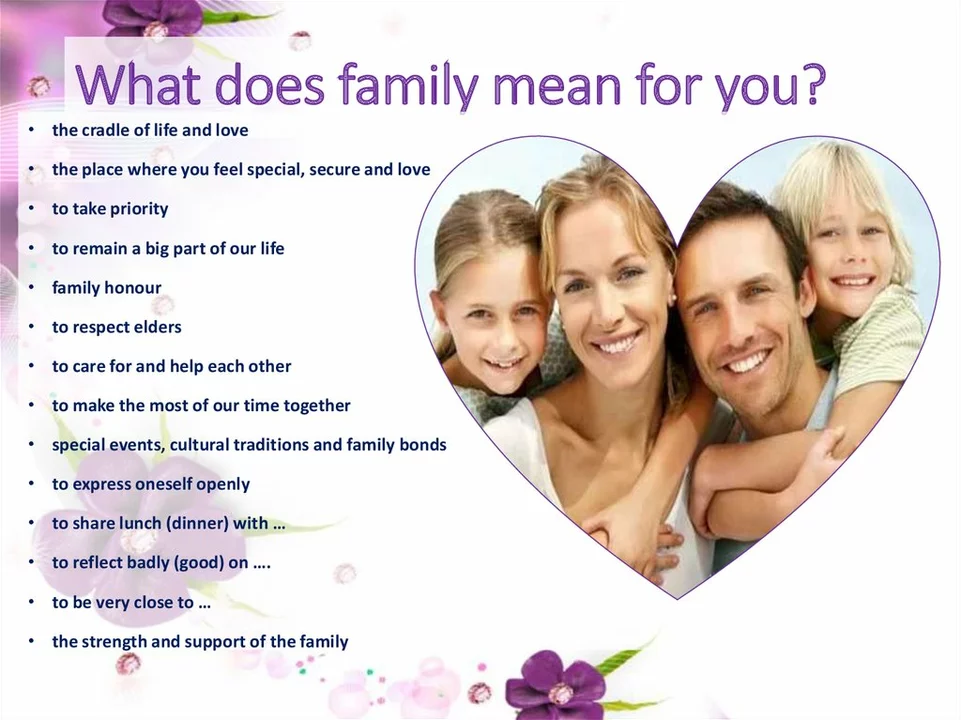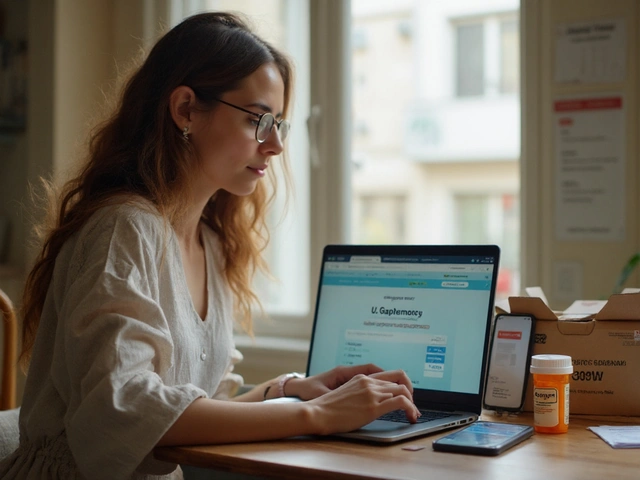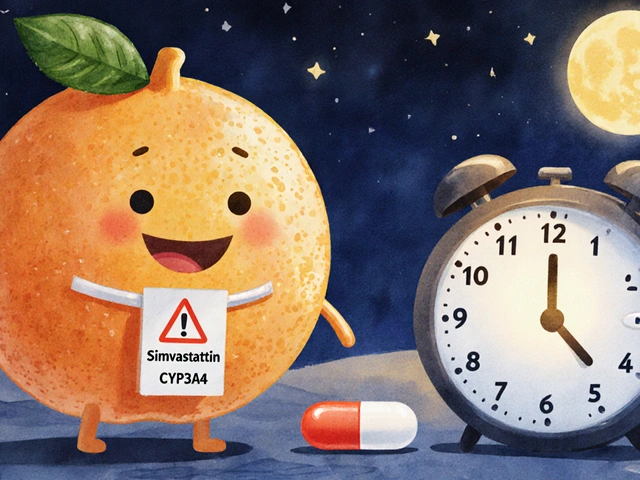HIV positive support: practical help, resources, and community
Getting a diagnosis or living with HIV brings practical questions and emotional load. This page helps you find clear steps, real resources, and simple ways to feel less alone. Read on for quick actions you can take today, and places to turn when you need more help.
Start with care: find an HIV clinic or doctor who treats HIV regularly. Regular care means viral load testing, medication checks, and vaccine advice. Staying on antiretroviral therapy (ART) keeps your viral load low and protects your health. If paying is a worry, ask the clinic about sliding fees, patient assistance programs, or generic medication options.
Daily living and medication tips
Make medications part of your routine. Use phone alarms, pill boxes, or a dose tracker app to avoid missed doses. If side effects are a problem, call your provider before stopping the drug—there are usually alternatives or fixes. Keep a simple chart of medications, doses, and appointment dates so emergencies and transfers of care go smoothly.
Understand U=U: when ART suppresses viral load to undetectable levels, transmission risk is effectively zero for sexual partners. Tell your provider if you plan to conceive, or if you’re worried about transmission. They can explain timing, extra precautions, or fertility options that fit your goals.
Emotional support and community
HIV can feel isolating. Peer support groups, either in person or online, are places to share practical tips and emotional support. Look for local community centers, national organizations, or forums where members discuss real-life issues like relationships, dating, and disclosure. A short search for “HIV support group near me” often finds nearby options.
Mental health matters. If you feel depressed, anxious, or overwhelmed, ask for a referral to a counselor who knows HIV-related issues. Many clinics offer integrated care where medical and mental health teams work together. Counseling, support groups, or short-term medication can make daily life easier.
Legal and social help is available. If you face discrimination at work, school, or housing, seek legal aid groups that handle HIV cases. Social workers at clinics can help with benefits, housing applications, and emergency funds. Don’t wait—the sooner you ask, the faster you get help.
Communication tips: decide who you want to tell about your status and plan what to say. Use simple facts, like your current health, that you’re on treatment, and that modern medicine controls HIV well. Practicing the conversation with a counselor or trusted friend can ease stress.
Keep learning. Reliable sites from national health agencies, large HIV clinics, and recognized nonprofits have up-to-date guides on treatment, prevention, and living well with HIV. Bookmark a few trusted pages and revisit them as your needs change.
When you need immediate help—severe side effects, sudden illness, or safety concerns—go to the nearest clinic or emergency room and bring your medication list. For everyday support, small steps—staying on treatment, finding a peer group, and asking for help—make a big difference. Reach out today — small steps often lead to better days.




